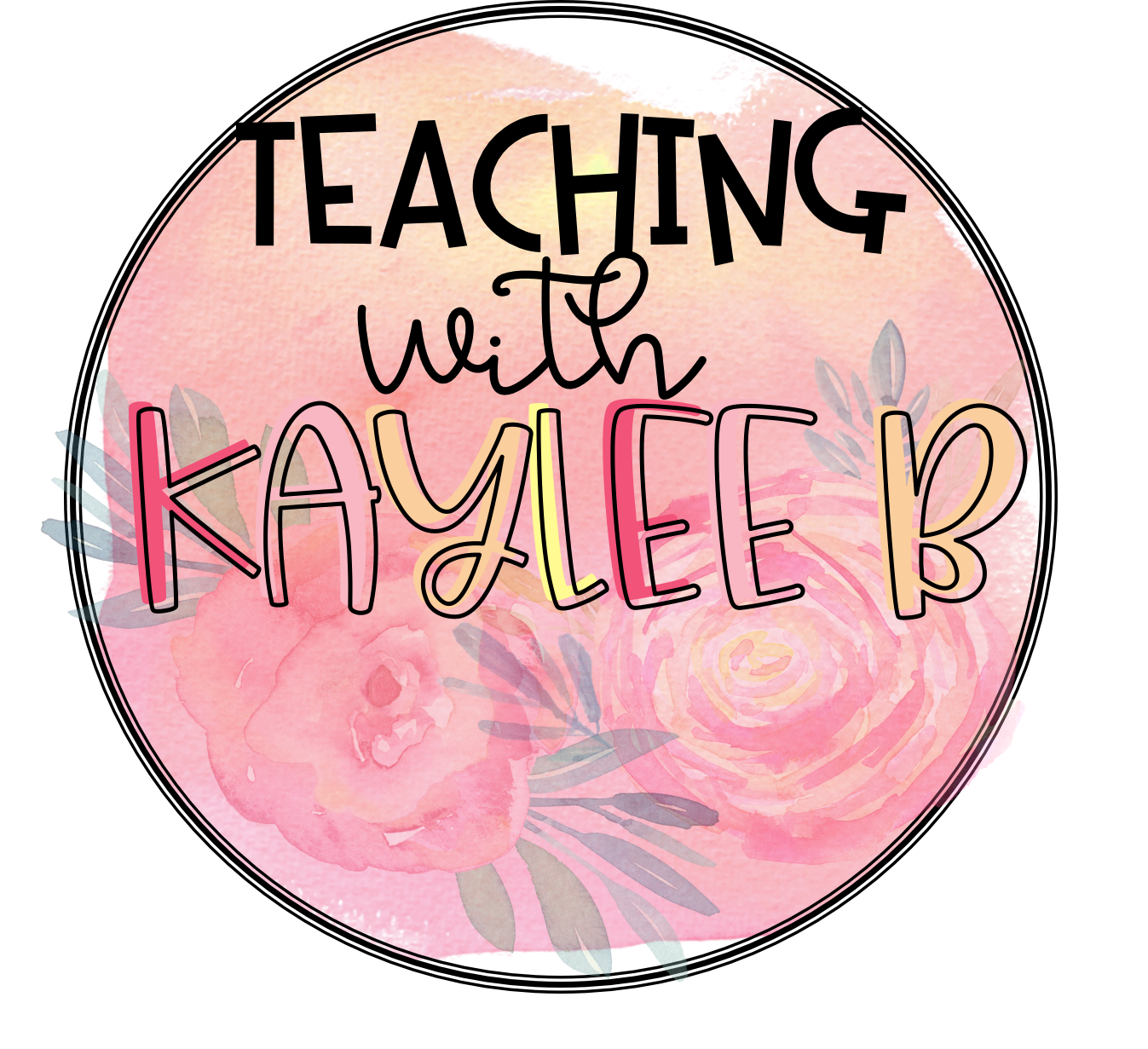Students teaching can be a daunting task. Maybe you haven’t had much experience inside an actual classroom yet. Or maybe you are worried that you and your mentor teacher won’t be a good team. All of your fears are valid. You have come to the right place, because looking for advice to student teachers before you get started can make all the difference.

Take a deep breath. Everything is going to be okay. I’m sharing my best advice for student teachers.
I’m sharing my best 3 pieces of advice to student teachers to help you thrive. These pieces of advice will help you make connections with students, use your time wisely, and work well with your mentor teacher. So, let’s get started. Here is my advice to student teachers.
Advice to Student Teachers
Get to know classroom procedures and expectations.
When you come in as a student teacher, you do not want the students to think you are just a helper of the teacher’s. You want students to know you are another teacher in the class.
My first piece of advice to student teachers is that before your first day of student teaching, reach out to your mentor teacher. Express your thanks for letting you gain valuable experience in their classroom. Let them know that you want the students to see you as an authority in the classroom and if you can get a list of their classroom procedures, expectations, and rules.

Before I started my student teaching, I arranged a day I could talk to my mentor teacher. I asked about the important classroom procedures and what she expected of students. Were students silent when they did their work? What could students do if they finish their work early? When can students use the restroom? Does the teacher use hand signals with the students? What happens when a student breaks a rule?
These are all important to know because when you step foot in the classroom students will ask you these things. You want to keep things consistent with what the teacher has been doing.
You will probably do a lot of observing during the first couple of days. Take note of these procedures and how the teacher handles these situations. Ask if you can walk around and help students when they are given independent work. It will look good to the teacher that you are willing to jump in and work with students. You just don’t want to over step, so make sure you ask when a good time to do that is.
Student Teaching Help
Try new things and ask questions along the way.
Once you are taking over the majority of the responsibilities in the classroom, don’t be afraid to try new things. If the current behavior management system isn’t working for you, ask if you can introduce a new system. This can be a really good point in a recommendation letter that you introduced and implemented your own behavior management plan.

Bring in your teaching style and ideas with lessons. When I was a student teacher, the math worksheets the regular teacher was using didn’t match my style. So I asked my mentor teacher if it would be okay if I created PowerPoints, had students use whiteboards, and had them do math activities with partners.
My mentor teacher was all for it and these things ended up in my recommendation letter.
If things don’t work out like you thought they would either with student behavior or students understanding concepts that you have taught, don’t be afraid to ask for help.
Ask your mentor teacher what has worked well in the past. Or before you teach a concept ask what usually tricks the students so you can avoid those misconceptions. Or ask what they would have done in a certain situation. They have so much knowledge teaching those topics and that age level. Use their knowledge! Just know you will need to ask. It’s much easier for a mentor teacher to give you feedback if you ask.
I wish I had done this more as a student teacher. Towards the end of my time, I was having a hard time with students talking while I was talking. I should have asked my mentor teacher for some tips. Since it was getting to the end of my time in the classroom, we started turning more time over to her and as I watched her teach I saw the things I should have been doing. If I had only asked, I would have gotten those tips earlier! This piece of advice for student teachers would have saved me a lot of headaches!
What to Bring to Student Teaching
Stay organized.
You have a lot to keep track of as you come into a new classroom. You have multiple lessons to teach a day. You are getting to know 20+ students. You are learning a classroom schedule that usually changes each day of the week.
My advice is to stay organized with a Student Teaching Binder. This is where you keep all your lesson plans and materials. You keep all of your student information and classroom schedules. You need a place to keep calendars of important dates and meetings.

Also, keep your weekly to-do lists in here so you can use your prep time effectively. Student teaching takes up a lot of time, so my best piece of advice for student teachers is to stay organized so you don’t have to take up your time and brain power scrambling to stay organized.
One of my favorite pages in this Students Teaching Binder is the weekly to-do list. After you plan all your weekly lesson plans, write all the things you need to do for the lessons. List the copies you need to make and the materials you need to get so that you are ready for all your lessons for the next week. Plan what day you are going to get all those things done so that you can space them out evenly and go home at a reasonable hour each day.
Find my free weekly planner here. Find my Students Teacher Binder here.
I know that as you apply these 3 pieces of advice for student teachers that your time as a student teacher will run more smoothly. They will help you make a good relationship with your mentor teacher. That is a big deal because having a good recommendation letter from them will help you find your first teacher job. For you tips to help you land your first teacher job read this blog post here: Teacher Interview Tips to Help You Land the Job


